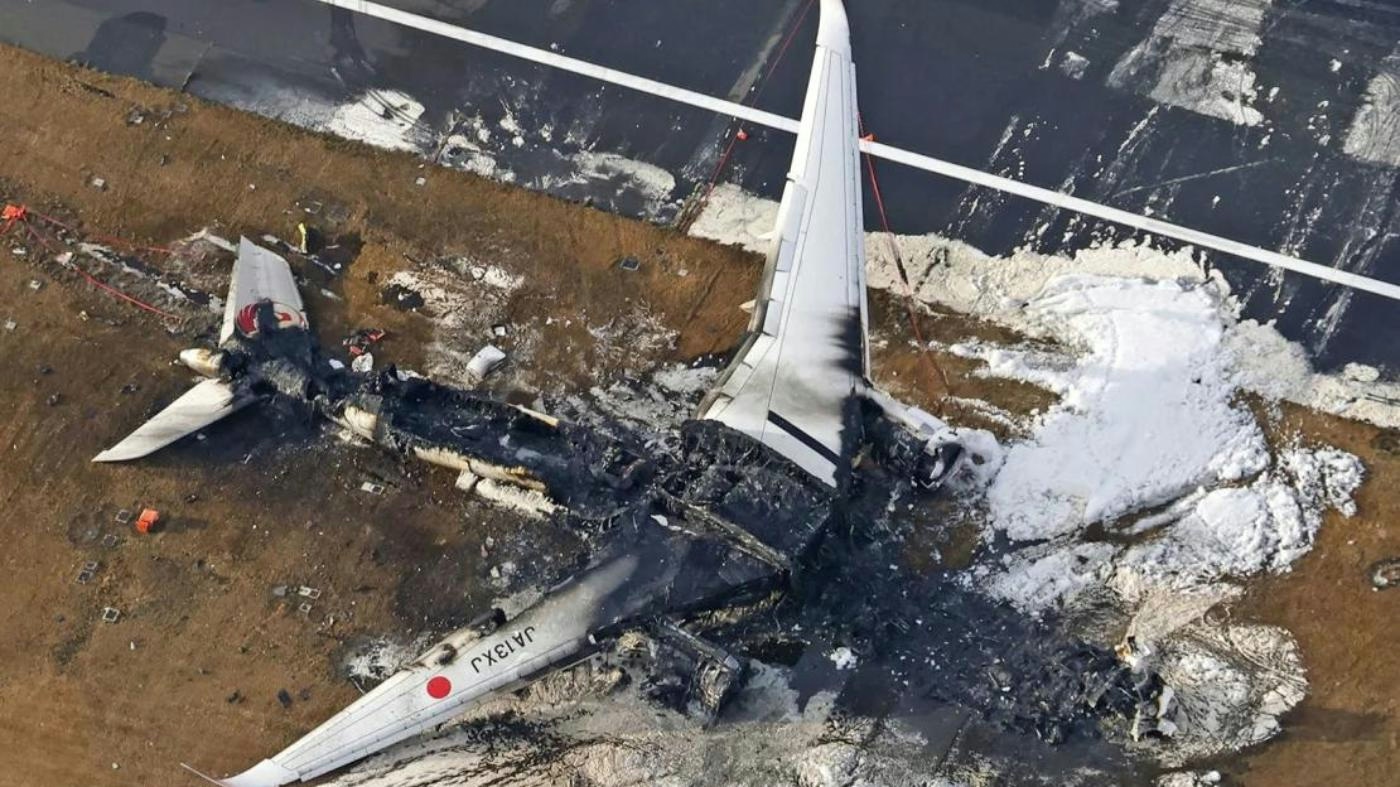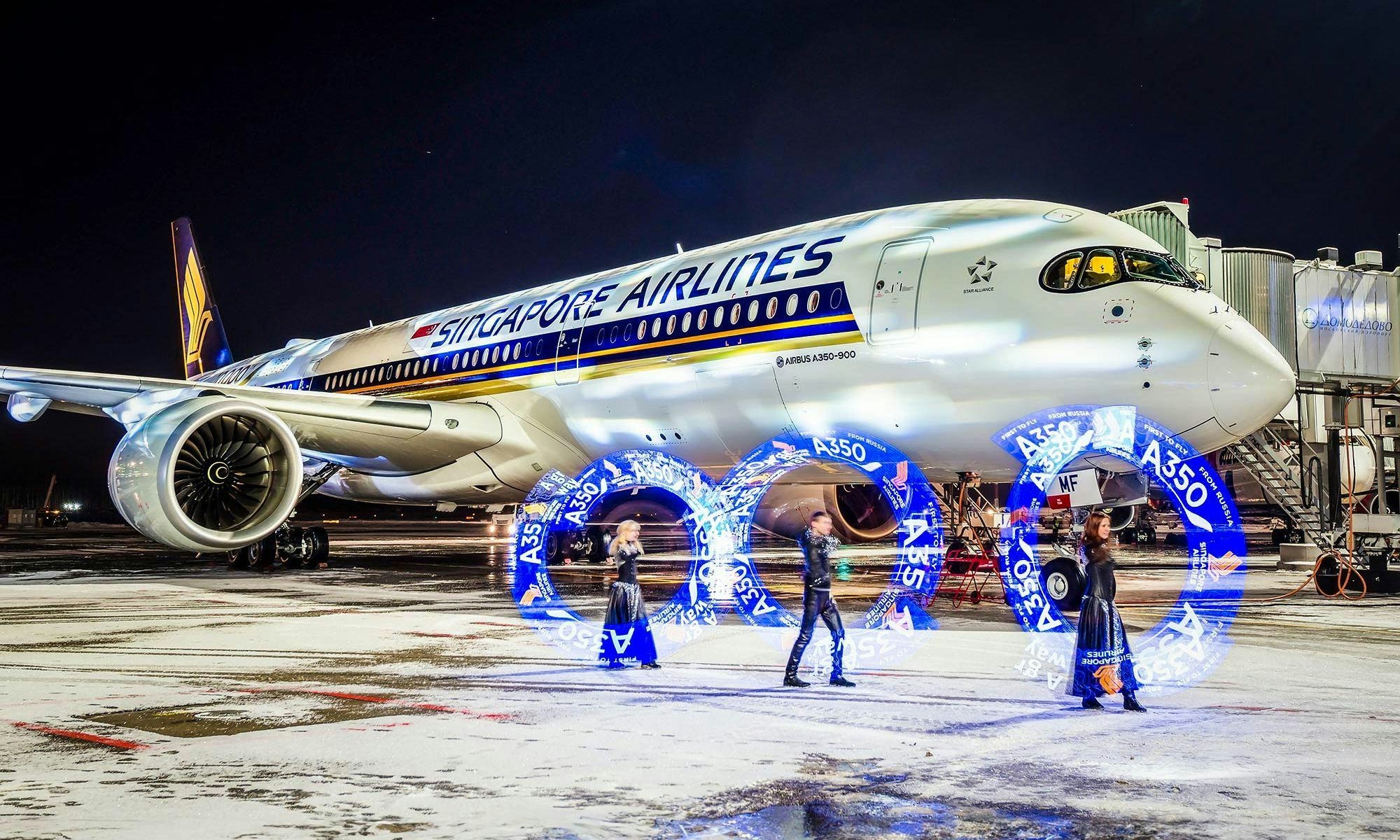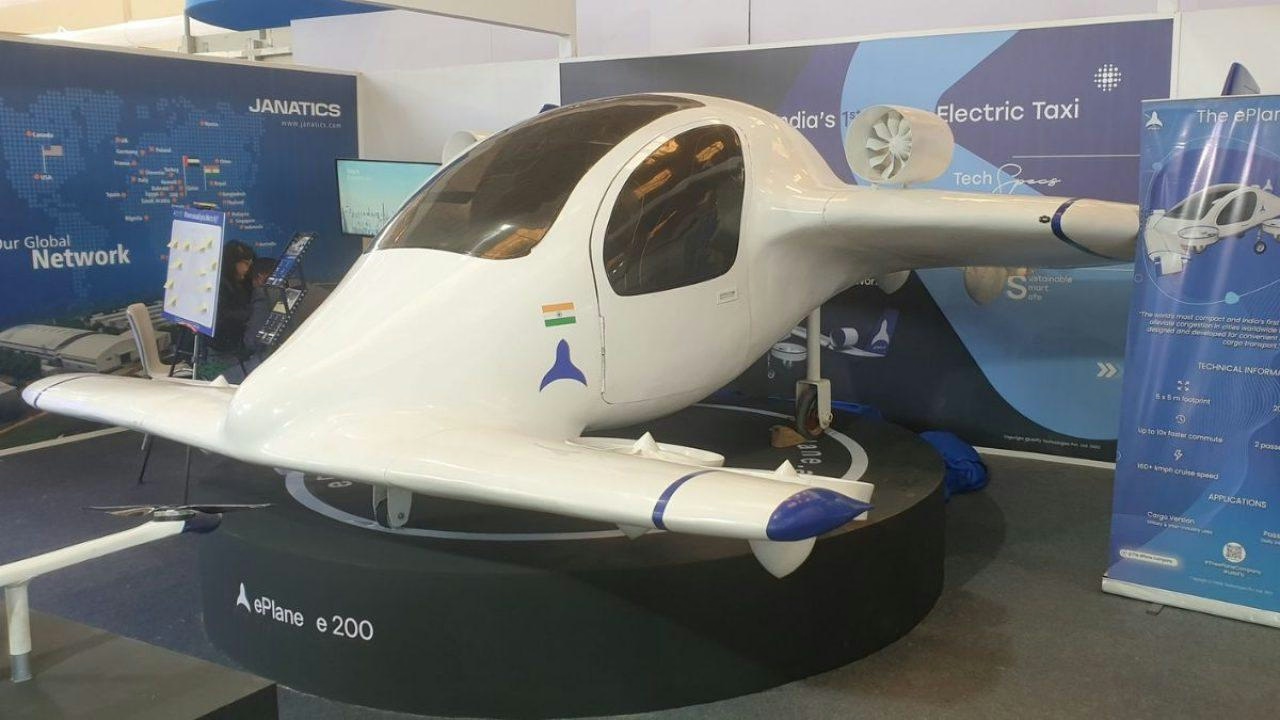AeroGenie — Votre copilote intelligent.
Tendances
Categories
International Aviation Authority Considers Joining AI-Related Crash Investigation

International Civil Aviation Organisation to Join Air India Crash Investigation as Observer
ICAO’s Unprecedented Involvement in a High-Profile Aviation Disaster
The International Civil Aviation Organisation (ICAO) is set to participate as an observer in the investigation of the Air India Flight 171 crash, following India’s approval of the UN aviation body’s formal request. The request, submitted on June 20, cited the critical nature of the incident and the significant public interest it has generated. This development marks a rare instance of ICAO seeking direct involvement in an accident probe, underscoring the gravity of the tragedy.
The crash occurred on June 12 shortly after takeoff from Ahmedabad, resulting in at least 271 fatalities. The disaster has drawn intense international scrutiny, with 52 British nationals among the victims and Boeing, the aircraft’s manufacturer, based in the United States. Both UK and US authorities have been involved in the investigation to date, although it remains unclear whether either government formally requested ICAO’s participation.
An official familiar with the matter explained that ICAO’s offer to join the investigation reflects the incident’s critical importance and widespread public concern. India’s acceptance of this offer is expected to lead to the designation of an ICAO observer within days. This move is considered highly unusual, as ICAO’s own guidelines under Annex 13 typically restrict its involvement in accident investigations unless explicitly invited by the state with jurisdiction.
Expert Perspectives on ICAO’s Role and Investigation Challenges
JS Rawat, former joint director general of India’s Directorate General of Civil Aviation (DGCA), emphasized the exceptional nature of ICAO’s request, noting that in his more than 30 years of experience, this is the first time the organisation has sought to participate in an investigation in this manner. Correspondence reviewed from India’s ICAO representative to the civil aviation secretary highlighted that the presence of an observer would significantly enhance the efficiency and effectiveness of the ongoing probe.
Aviation safety expert Mohan Ranganathan clarified that ICAO’s role, along with that of other international stakeholders such as the UK Civil Aviation Authority, Boeing, and the US National Transportation Safety Board, will remain limited. The Aircraft Accident Investigation Bureau (AAIB) of India retains full responsibility for conducting the investigation, with external parties providing assistance only as requested. Typically, ICAO’s observer role involves advising on compliance with Annex 13 requirements rather than direct investigative authority.
The investigation faces considerable challenges, including the complex task of determining the precise causes of the crash, which may involve both technical failures and human factors. The recovery and analysis of the flight data recorder are expected to be pivotal in reconstructing the sequence of events leading to the disaster.
Broader Implications for Aviation Industry and Air India
The crash has already begun to reverberate across the aviation sector, particularly impacting the insurance market, which is anticipated to harden due to increased risk perceptions. This effect is especially pronounced in India, where the aviation industry has been grappling with financial losses. Competitors and regulators may respond with heightened scrutiny and revisions to safety protocols in the wake of the tragedy.
For Air India, the incident represents a significant challenge amid its ongoing transformation under the Vihaan.AI program, which aims to elevate the airline to a “world-class global” status. The findings of the investigation and the subsequent industry response are likely to have enduring consequences for both the airline and the wider aviation community.
Requests for comment from the civil aviation ministry and ICAO were not answered.

Factors Behind the Airbus A350’s Short Takeoff Distance

Archer Aviation Partners with NVIDIA to Advance Aviation AI Technology

Chennai Startup to Develop India’s First Electric Air Taxi

Factors Positioning Airbus for Leadership in 2026

Emirates Unveils Cabin Design for New Boeing 777X

Eighteen Years On, the Airbus A380 Remains Central to a $34 Billion Airline

How a boom in luxury airline seats is slowing down jet deliveries

Navitaire Outage Attributed to Planned Maintenance

AI, VR, and Data Transform Pilot Training by 2026

Airbus Plans Record Delivery of 870 Aircraft in 2026
